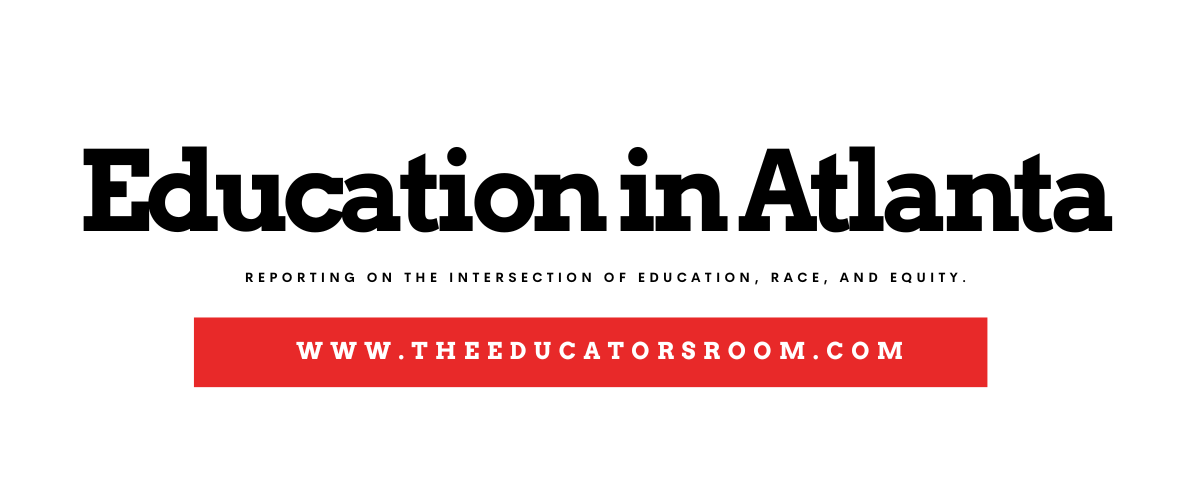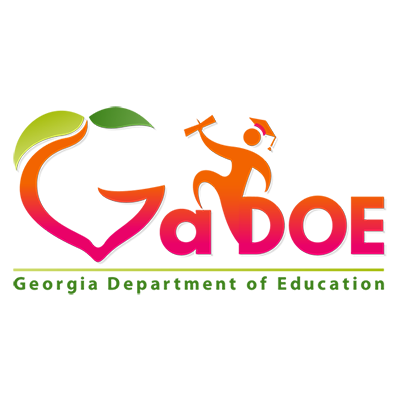Today scores from the 2020-2021 administration of the Georgia Milestones Assessment System were released throughout Georgia today.
The scores compared to 2018-2019 show the impact of the COVID-19 pandemic and associated learning disruptions, along with low levels in participation. The state has specifically asked districts, news media, parents, and community members to use caution in comparing using state-level data.
“Georgia Milestones was designed to measure instruction during a typical school year, and 2020-2021 was anything but,” State School Superintendent Richard Woods said. “Given the impacts of the pandemic on all students, we expected some decreases this year. Georgia educators and students have worked extremely hard and these results do not reflect or diminish their efforts. With educators already working to get students back on track and the vast majority of school districts offering five days a week of in-person instruction this year, I’m confident students will receive the support they need to make up any lost ground.”
The participation in the Georgia Milestone is lower when compared to previous years, due to health and safety concerns associated with in-person testing. Statewide, the percent of enrolled students tested ranges from a high of 79% in third grade to a low of 55% in high school. Statewide performance decreased slightly by an average of six points in grades 3-8, and a range of 4 to 15 points in high school. There was a 1-point increase in Physical Science, but it is important to note this test was only administered to eighth-grade students in 2019-2020, whereas in previous years it was administered to all students (middle and high school) enrolled in Physical Science.
“Given the magnitude of learning disruptions experienced this school year, these decreases are not particularly large. There is historical precedent to expect to see achievement increase at a similar rate in coming years as we return to educational environments with fewer disruptions to student learning.”
Dr. Allison Timberlake, GaDOE Deputy Superintendent for Assessment & Accountability
State and local funds have been dedicated to addressing learning loss, including significant investments in instructional resources and supports; state and regional Academic Recovery Specialists; and connectivity/internet infrastructure in rural and underserved areas.

